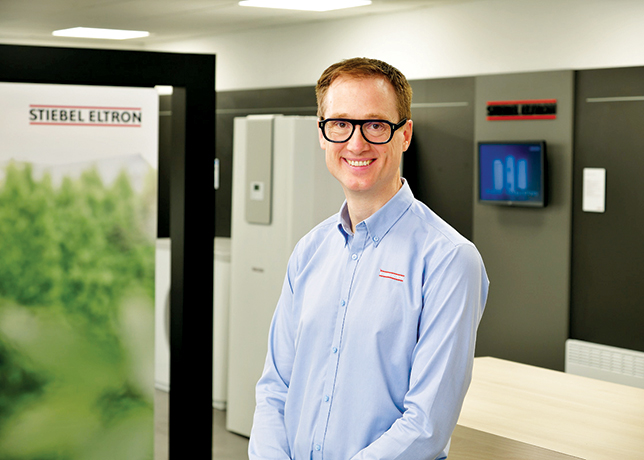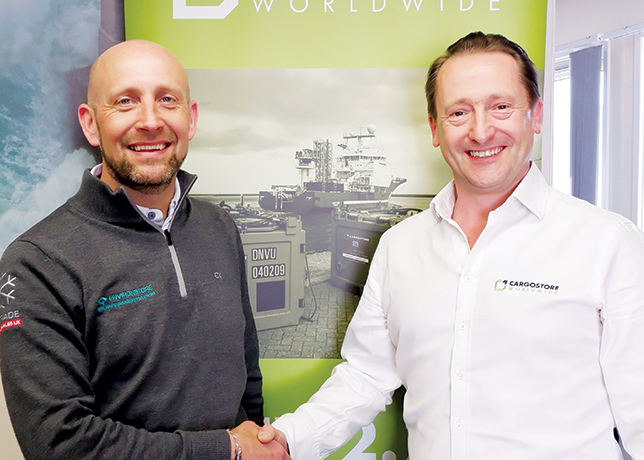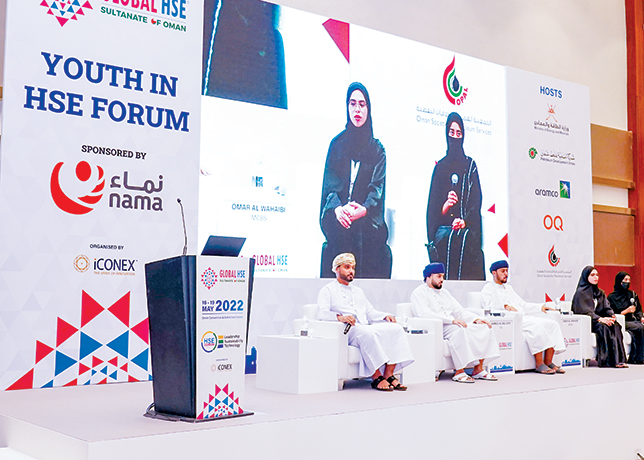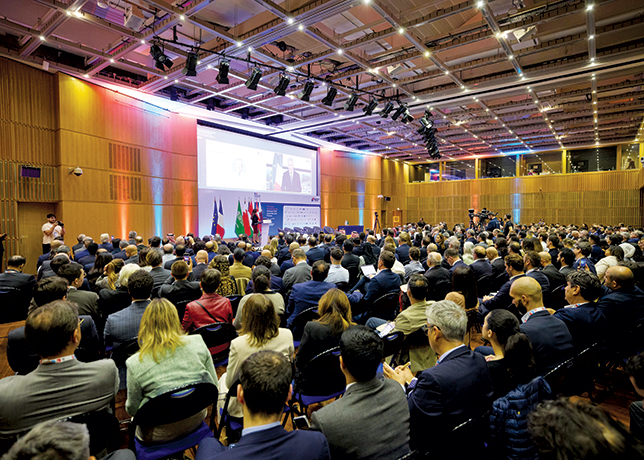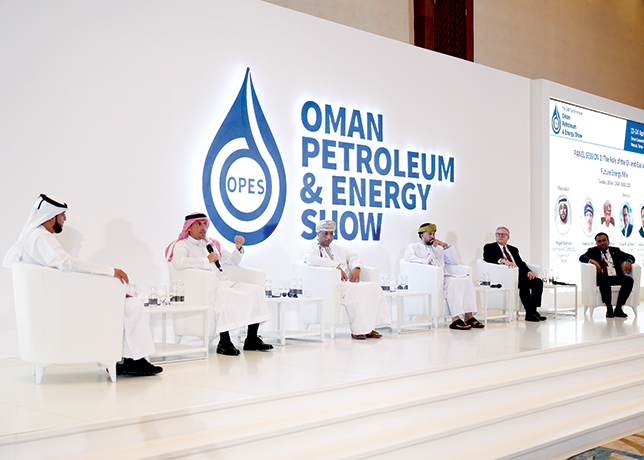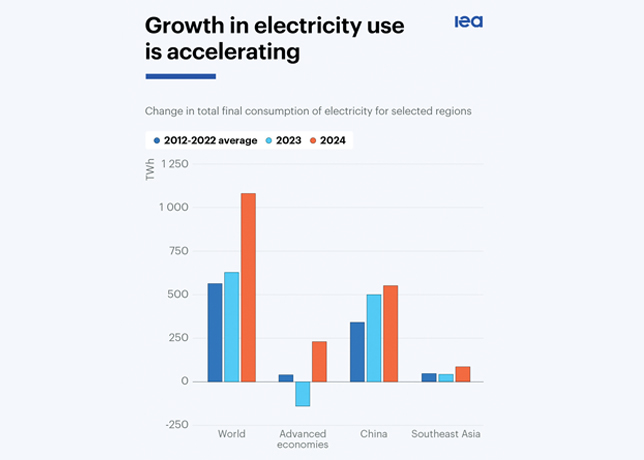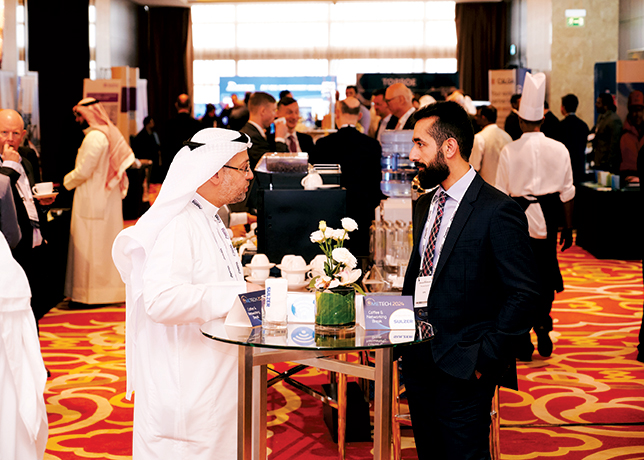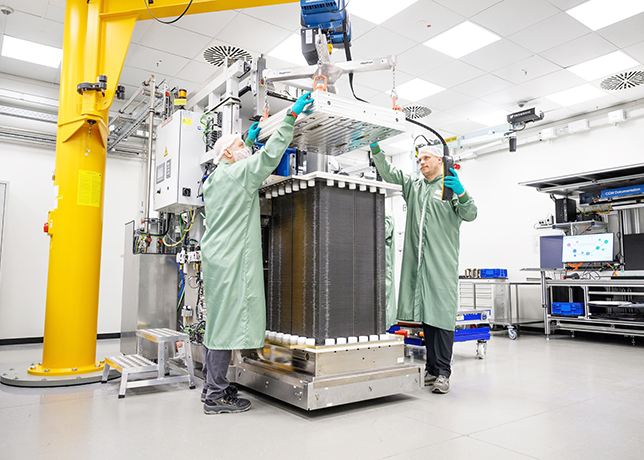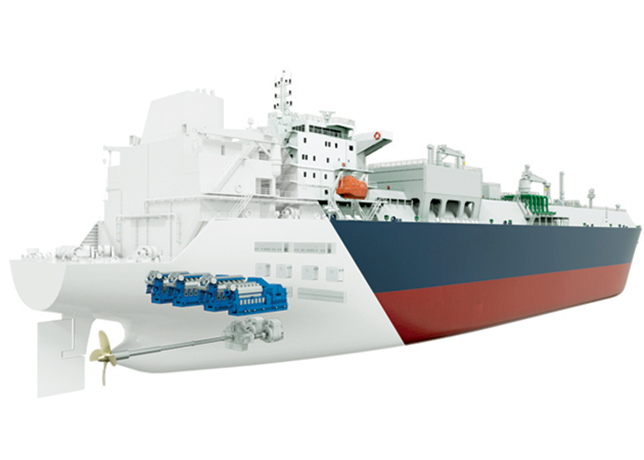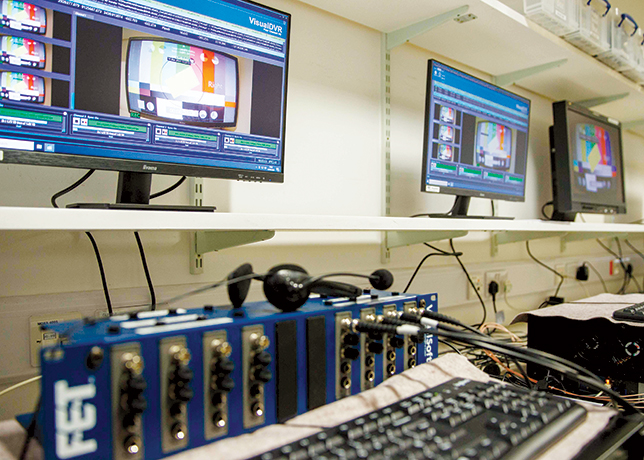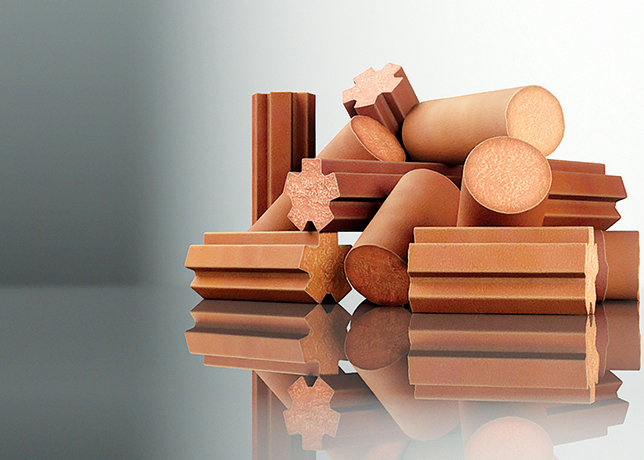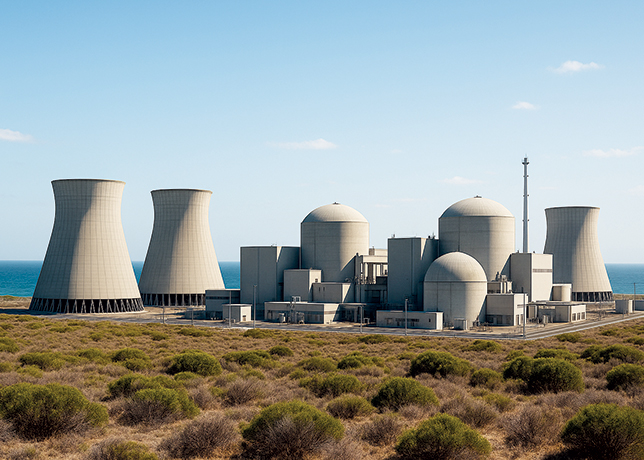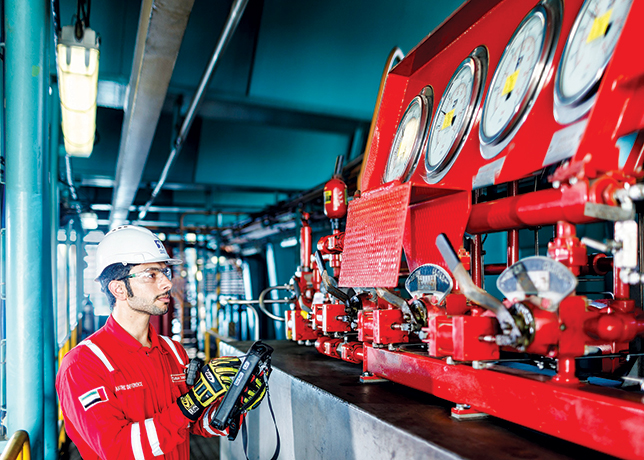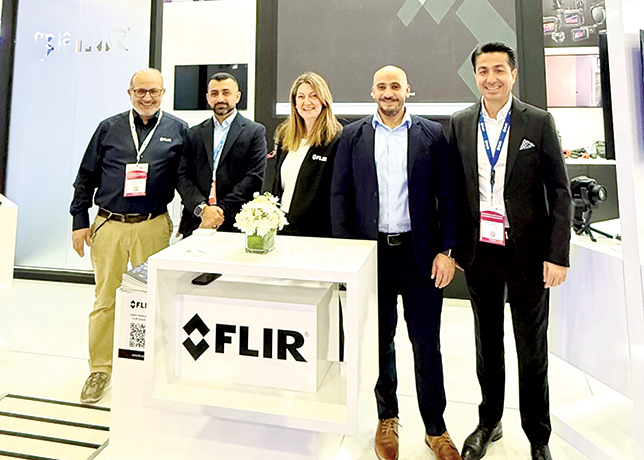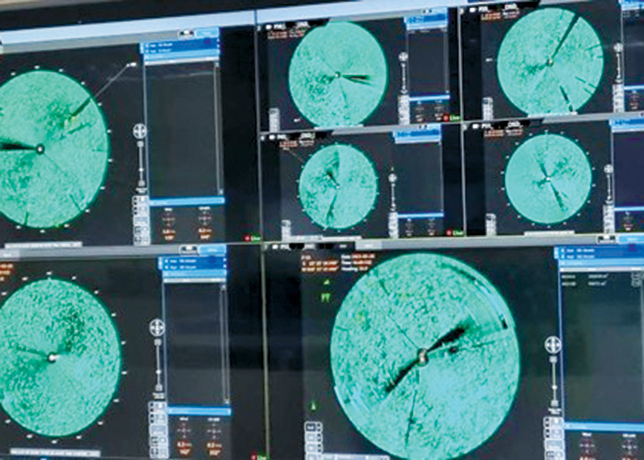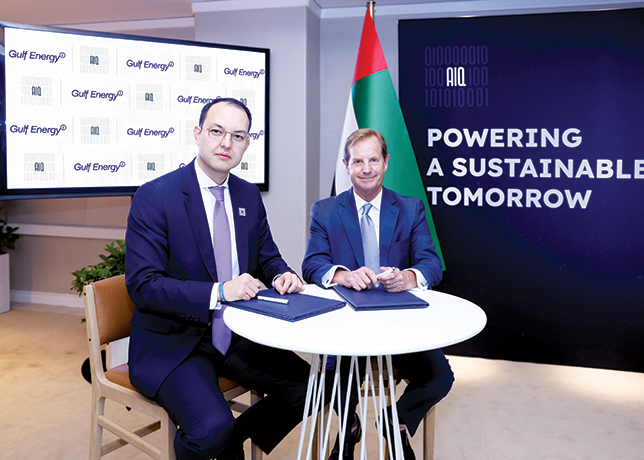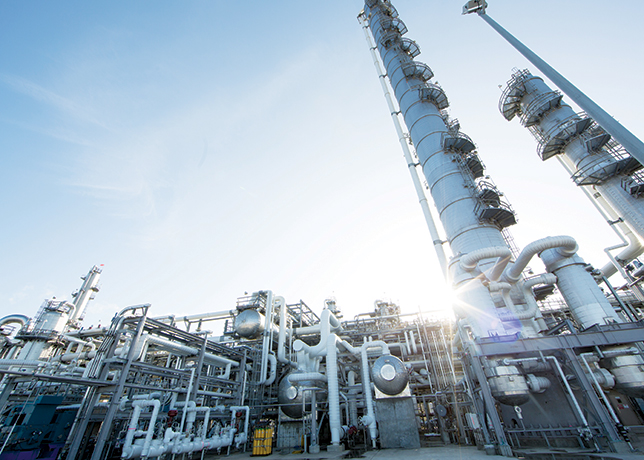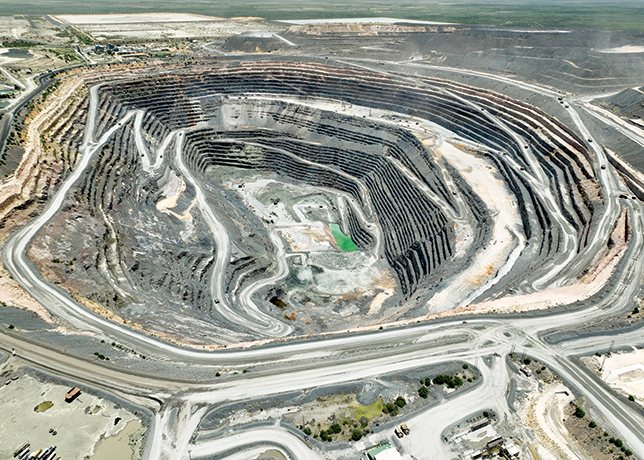
 Jotun's facilities in the Netherlands will produce powder coatings
Jotun's facilities in the Netherlands will produce powder coatings
As part of Jotun Paint's strategic plan for 2003-2005, one of its units, Jotun Powder Coatings has implemented a regional manufacturing plan to increase efficiency in its European operations.
Jotun develops, manufactures, markets and sells coating systems and cathodic protection for the marine market , industry and the decorative sector
As a consequence of the restructuring taking place in its powder coatings business, Jotun will transfer production of powder coatings in Flixborough, UK to the Czech Republic and Norway.
Jotun Powder Coatings Ltd UK will continue to operate from its base in Flixborough as a sales and distribution company.
The move, it is hoped, will enable Jotun to deliver state of the art products to its customers, offering an extended product assortment and security of supply.
The extended assortment will include a range of bonded metallic products and access to the Corro-coat Concept products.
Meanwhile, at the company's marine coatings unit, over 600 vessels have been coated with TBT-free antifouling solutions, all of which occurred prior to the TBT ban from 1 January 2003, claims Jotun.
Record deliveries of the 2003-compliant antifouling, SeaQuantum continue, Jotun says. SeaQuantum and Jotun's tailor-made solutions have gained widespread recognition by shipowners.
_The recent choice of major shipowners, including BP Shipping Ltd, Shell International Trading and Shipping Company (STASCO) and Westfal-Larsen, SeaQuantum is a unique product in a new era of TBT-free antifoulings,_ says Bjoern Wallentin, antifouling product manager, Jotun Marine Coatings.
Looking for the peak solution offering optimal selfsmoothing and selfpolishing advantages, Jotun and NOF Corporation have been developing its antifouling technology during many years co-operation, testing literally hundreds of different materials by expert polymer and paint chemists.
Tests performed on the 600 vessels using SeaQuantum show that this hydrolysis-driven coating outperforms all other TBT-free selfpolishing antifoulings with the advantages of no fouling, no increase in hull roughness and no increase in fuel costs compared to TBT-containing antifoulings.
Hydrolysis is the chemical reaction between reactive groups in the binder and the slightly alkaline seawater that takes place in the outermost layer of the paint film; the conversion of an insoluble polymer to a soluble one.



